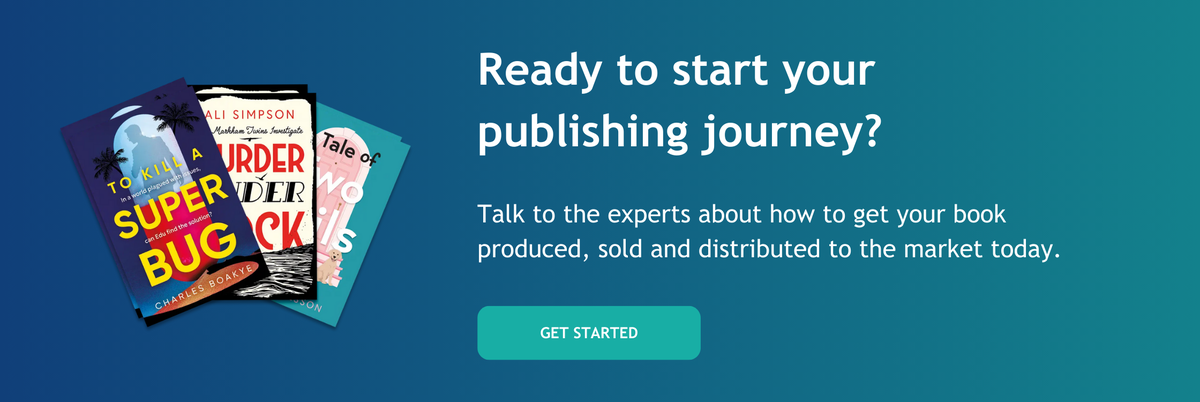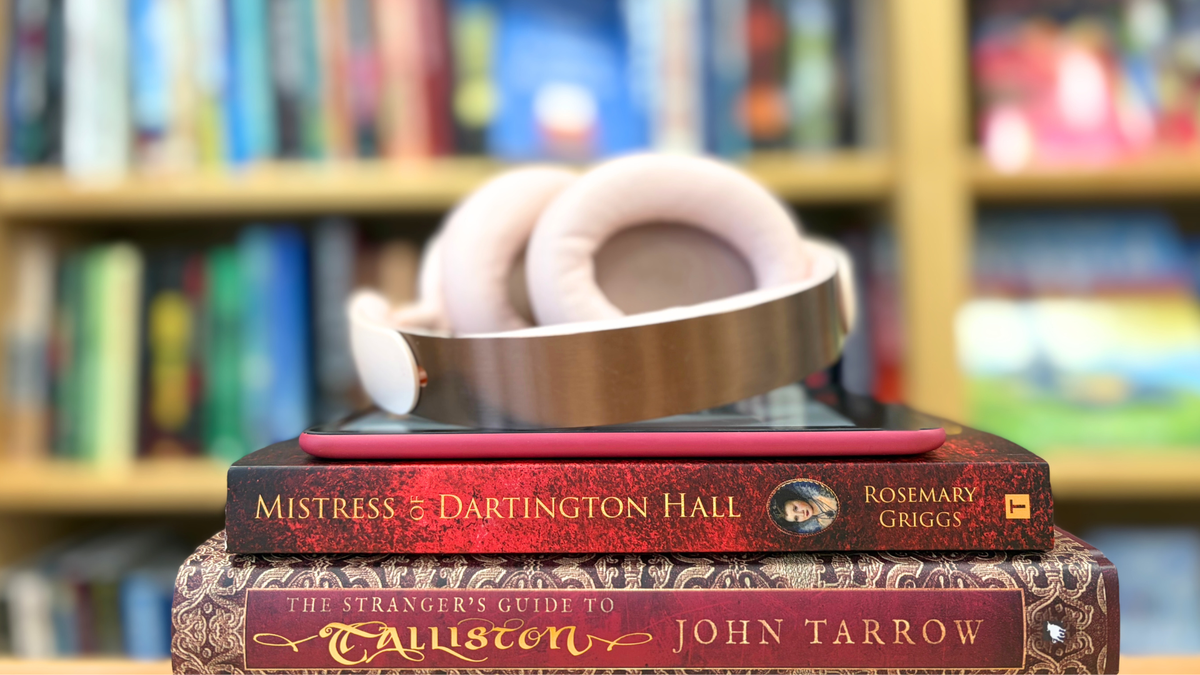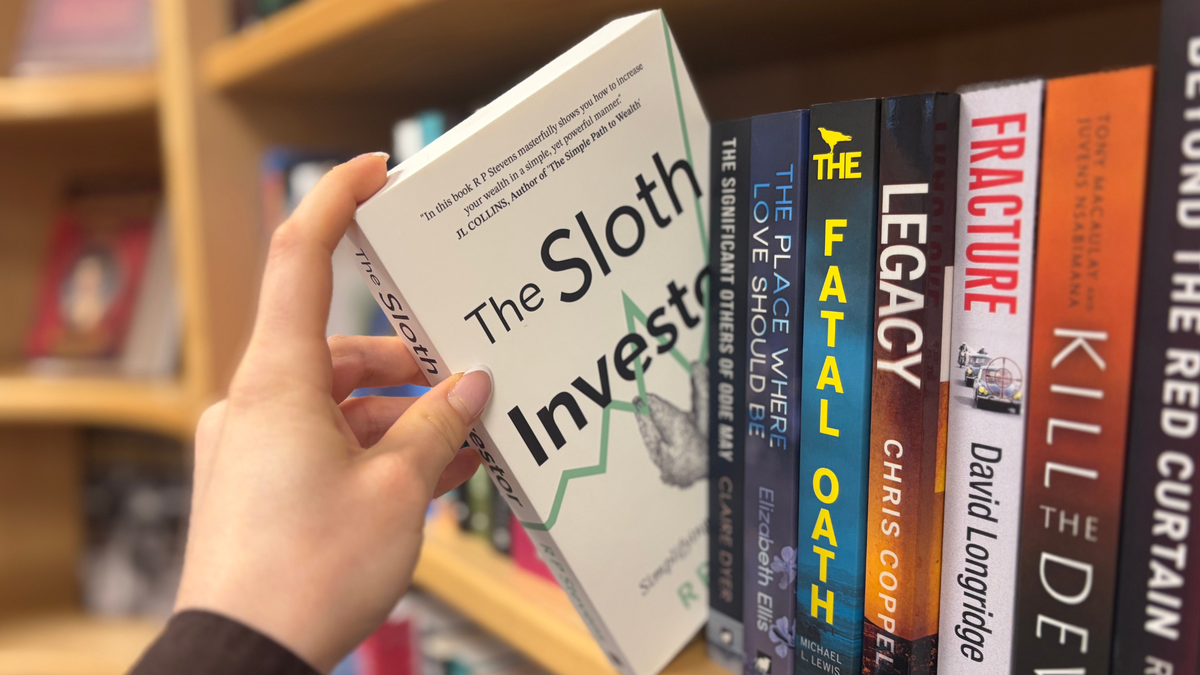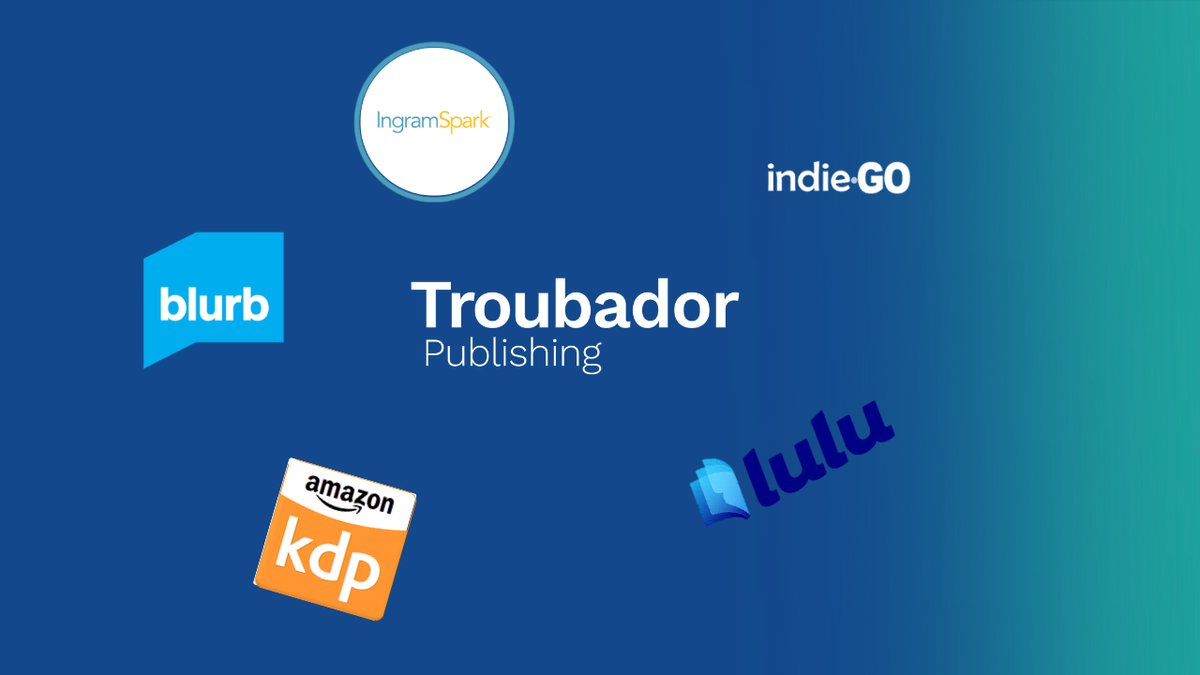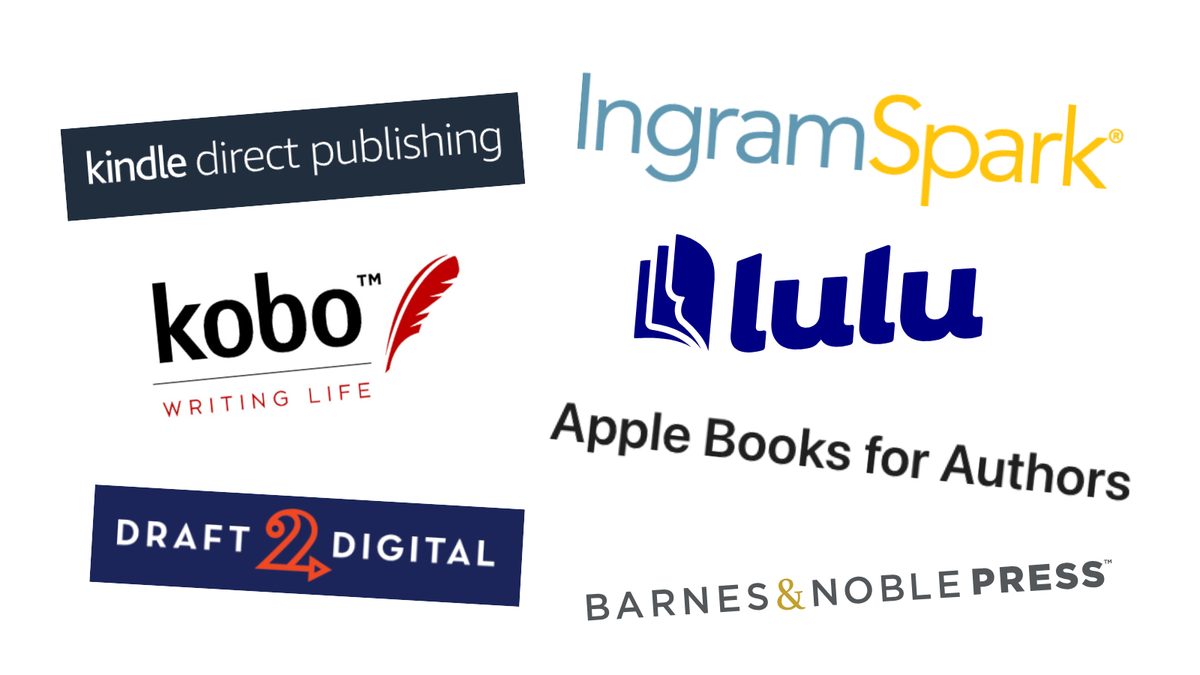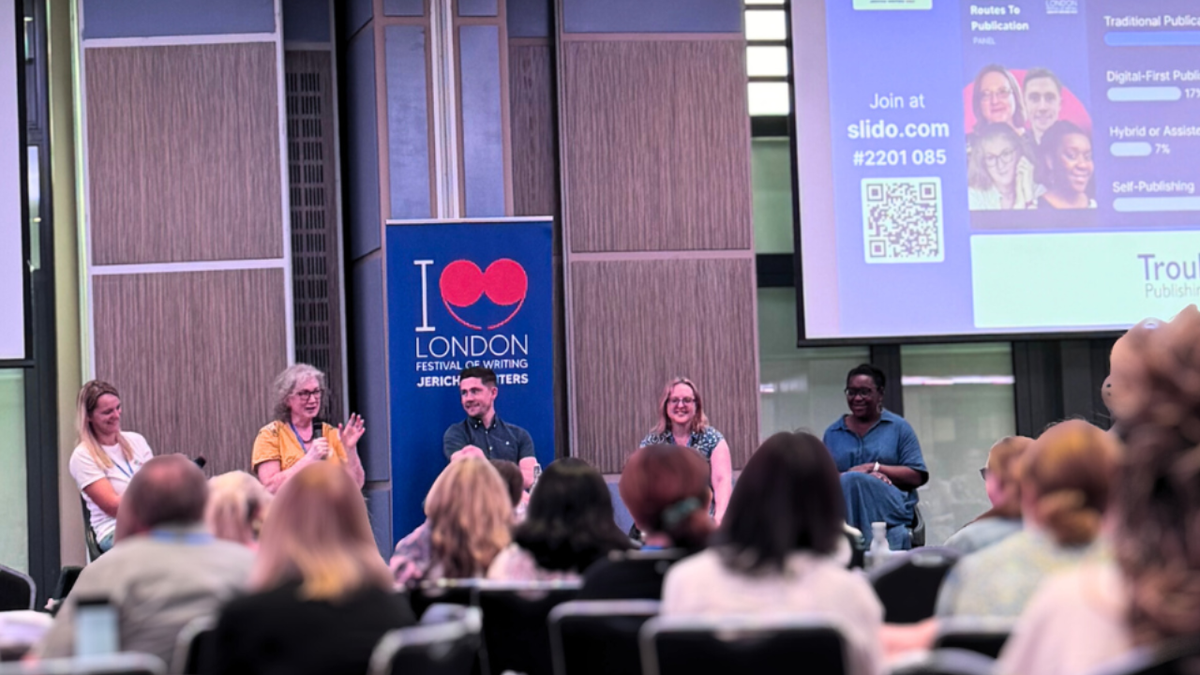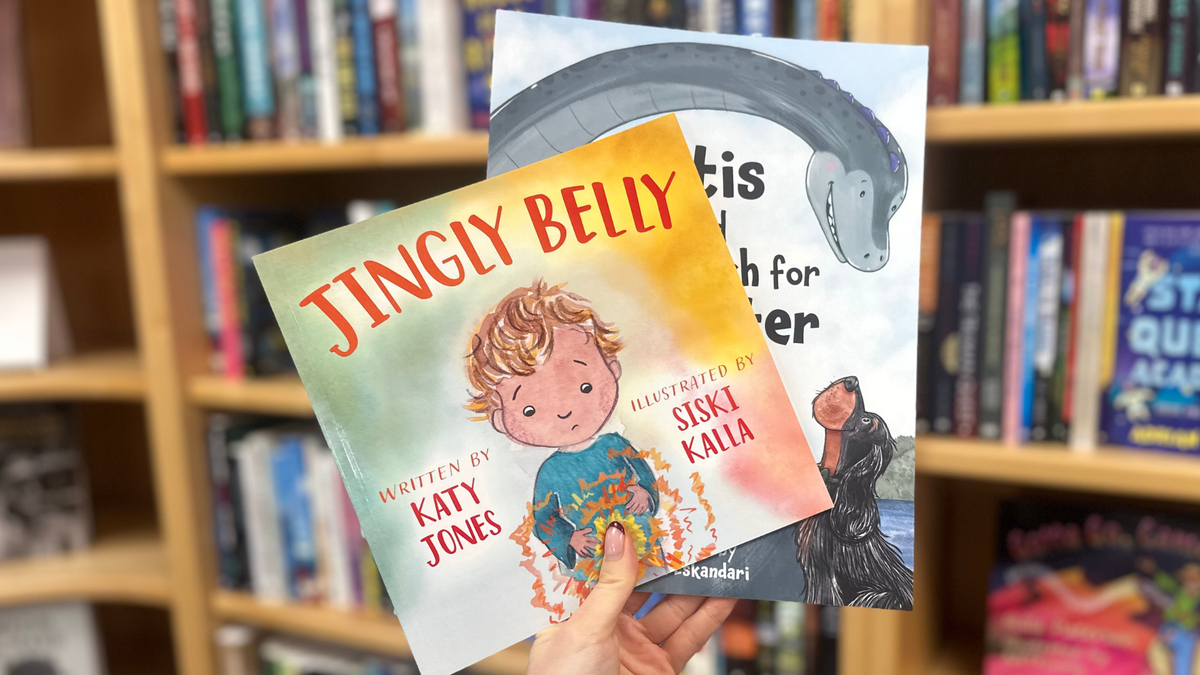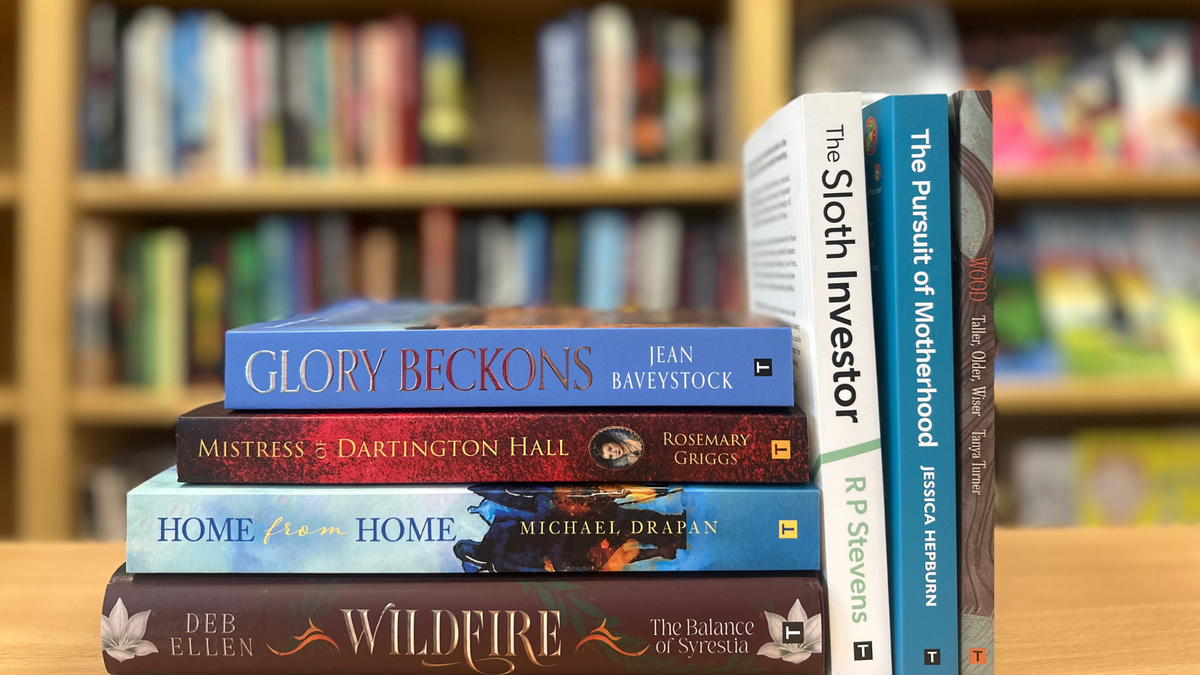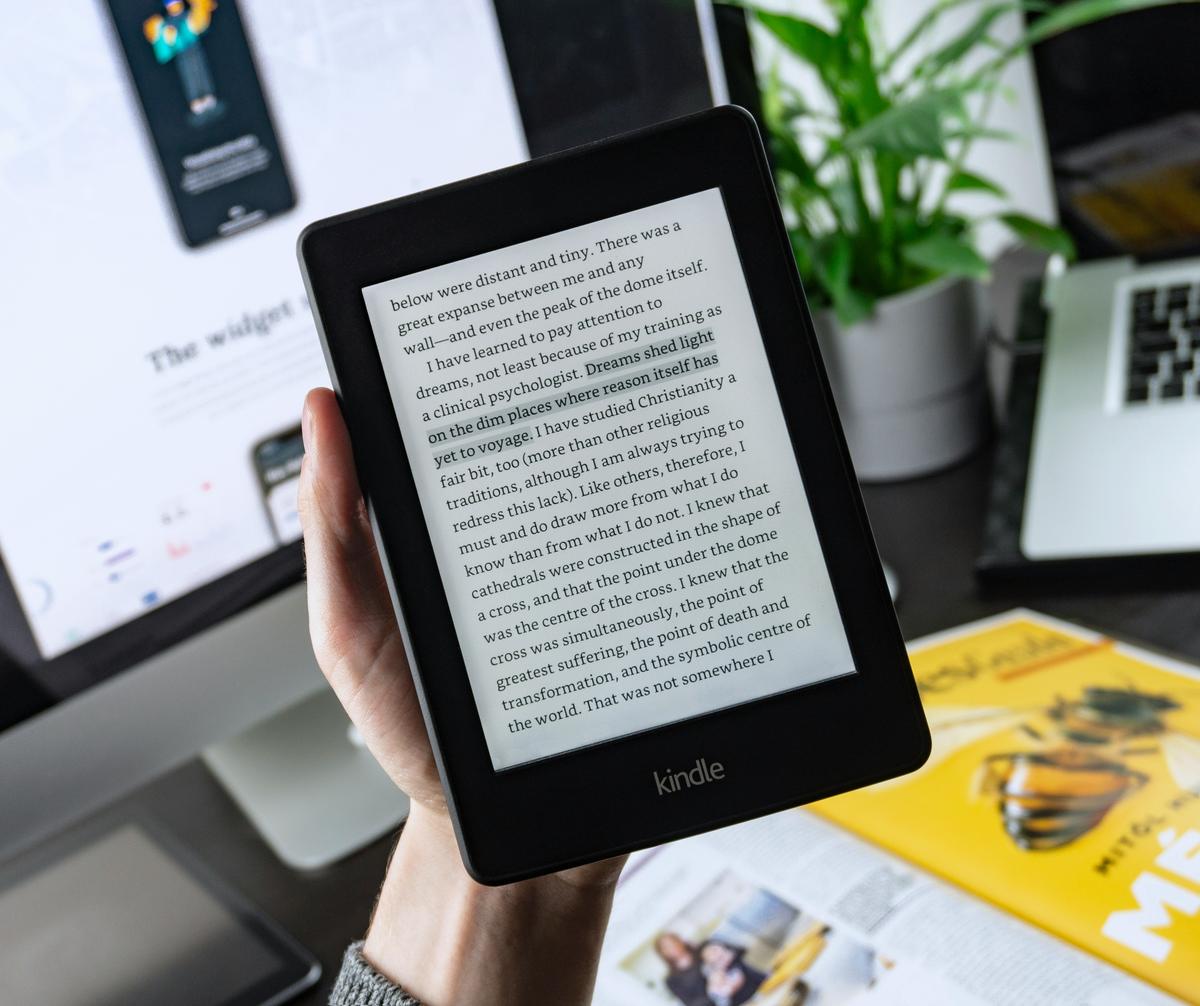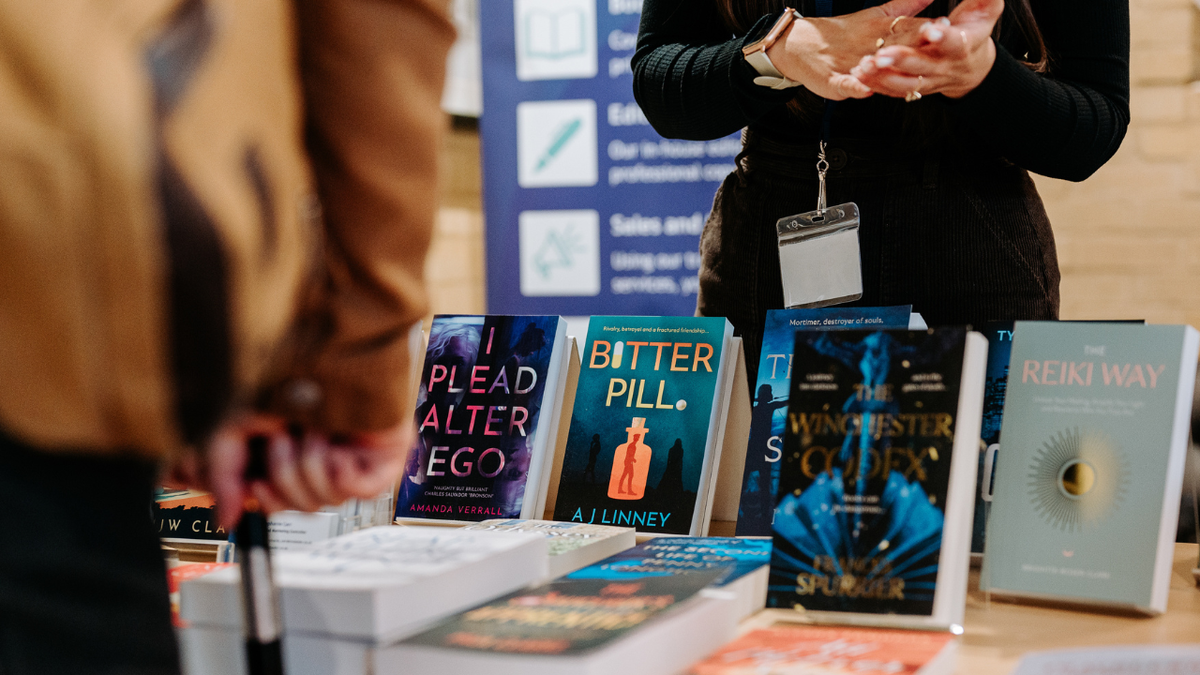
7th November, 2025
9 min read
How Do Readers Pick Their Next Book? Exploring Book Discoverability
Written by:
Chloe May
In a world with an increasing number of books being published, our authors need to consider this key question: how do readers discover their next book? For an author, understanding exactly what channels readers use to discover their next read is becoming even more important. Understanding exactly where your target audience are looking will help you pop your book right under their noses, and hopefully get you more sales!
This blog will give you an insight into a range of ways that readers choose their next book, from personal recommendations, social media and how book reviews influence readers. We’ll also offer some practical takeaways so that you can apply this knowledge to help improve your own strategy.
Book Recommendations From Friends And Family
According to statistics published on WordsRated, personal recommendation is the top way book lovers decide what to read next. From this survey, 47.5% of readers chose books because they were recommended to them by someone they know. Out of this, recommendations by friends were the most influential (20%), and family recommendations comprised 12% of this overall total. The remainder of the recommendations came as a result of a bookshop steer, social media or other suggestions.
Takeaways For Writers
Having a book recommended by trusted friends and family is an important factor in what readers choose to read next, so how can you use this knowledge? The evidence is that writers should seek to form a connection with readers. The more people read your book, the more they can recommend it to their own friends and family, and so on.
Such ‘direct-to-reader’ marketing includes:
- Websites: you can use these to engage with readers, including updating on author events and new book releases, using email newsletters and social media.
- Promotions and Giveaways: these get your book out into the hands of readers, hopefully in exchange for reviews.
- Events: Events are such an important way to stay connected with your audience. There are bookshop signings, book fairs, writing events… the list goes on. There are so many different events that you can use to get your book out there, and hopefully get other people talking about it, too.
- Ebook Marketing Price Drop: a great and easy way to secure some readers. A promotional ebook marketing price drop can encourage sales - and once the positive reviews start rolling in, people will be more confident to spend full price. This works especially well if you have a series, as dropping the price of the first book can help ‘hook in’ readers who will engage, and hopefully recommend it to others.
These are all vital in encouraging readers to try your book and recommend it to others.
Book Recommendations From Booksellers and Bookstores
In the same survey, booksellers and libraries were the next most trusted source for book recommendations after friends and family (a 19% aggregate). Booksellers are wonderful sources of all things reading, and can give excellent advice about what a reader might enjoy next based on the books they have read in the past. A bookshop itself, even without using the bookseller's knowledge, can be a great source of inspiration - especially the tempting and heavily curated offer tables at the front.
Online bookshops work on algorithms that suggest and link to books based on click and sales data for their customer base in general – and for you as an individual. This is simply data-driven – unlike a bookshop, where the bookseller is likely to be a passionate reader and make recommendations based on books they have personally read and loved or are passionate about.
Takeaways For Writers
When publishing your book, befriend your bookseller! Use your local bookshop frequently and build a relationship with the store before you ask them to stock your book. Make their job easy – understand how bookshops buy books to present yourself as a professional and easy to deal with. Getting your book on the shelf is just one step on the path to being noticed; you want the bookseller to believe in your book and its sales potential. Offer to do events and work hard on building sales so the bookseller can see the benefit of reordering and recommending your title above others.
If your focus is online, then there are ways to improve your listing on sites such as Amazon:
- Amazon A+: Amazon A+ is a way of adding enhanced content to the product listing for your book on Amazon to engage readers, giving them more information and encouraging them to buy. According to Amazon, good A+ content can increase sales by 3-10% as it gives another way to communicate with readers.
- Verified Reviews: the more reviews that are on Amazon, the more the algorithm will favour it.
- Author Central Pages: Amazon Author Central lets you create an Author Page, where you can share the most up-to-date information about yourself and your books with millions of readers. It’s a great way to keep everything in one place: you can add your titles as well as photos and a biography, and share updates with your followers.
All of these will help complete your book’s listing and push its authority up the rankings.
Book Recommendations From Reviews
Some authors believe that a review in a respected printed newspaper or magazine will drive sales, but statistics indicate that less than 14% of book buyers use printed reviews to help guide them to their latest read. Printed reviews in authoritative publications are generally carried out by a professional book reviewer. This gives a different perspective on the book to the customer/reader reviews, which appear on retailer sites and sites such as Goodreads.
According to a study conducted by Brightlocal, up to 98% of customers will read a review online before making a buying choice. Whilst this isn’t specific to the book trade, it does show a general understanding of people’s buying psychology, which authors should pay attention to.
Takeaways For Writers
While printed media remains an important part of an author’s marketing toolkit, it should not be considered the most important route to making sales based on reviews. Instead, use a media outreach campaign as part of your marketing, not as the only marketing that you carry out.
- Actively Seeking Online Reviews from Readers: Do this by engaging with ‘Bookstagrammers’, ‘Booktokkers’ or book bloggers. You can also look at online book tours and build direct-to-reader relationships, where you can encourage readers to review your book. Not everyone who reads your book will review it, so engaging with as many readers as possible is very important.
- Making a Goodreads profile: Goodreads is the world’s largest site for readers and book recommendations. You can create an author profile (which is free!) which helps you build a following, engage with readers, all of which helps gain visibility for your book. So not only is it a great platform to boast about all your reviews, but it also lends credibility to your book - remember, author presence on these platforms can be the difference between someone being curious, and someone buying your book.
- Using Apple Codes: If your book is available as an ebook in the Apple Book store, you can also make use of Apple Codes. You are entitled to 250 codes that allow for a free, protected copy of your ebook. If you haven’t done so already, sending these out to reviewers or bloggers is a great way to bring in a couple of reviews (people always love a free book!). Please note, anyone receiving a copy of this will require an Apple device to read them on.
Social Media And Book Recommendations
As of February 2025, there are over 54.8 million social media user identities in the UK, and over half the world now engages with social media in some form every day. As a promotion channel, social media is no longer optional for writers looking to connect with readers. There are now specific subcommunities on some of the big social media channels dedicated to books and reading (Booktok on TikTok and Bookstagram on Instagram, for example), which are where users share book-specific content and recommendations.
A 2023 report on book buying and social media habits (published by Nielsen Book) found that book discoverability on social media is influenced by three things: the platform, the age of the user the type of content, and the book genre.
The main social media platforms are Instagram, Facebook, TikTok and YouTube. Please note:
- Different Platforms Appeal to Different Demographics: A Nielsen report indicates that 50% of book buyers using Instagram are aged between 16-44, whereas TikTok users are highest in the 16-24 brackets. Facebook users are generally slightly older.
- The Platforms Are No Longer Limited to Certain Media Types: Whilst TikTok is video-led, it is not exclusively video, as many popular BookTok-related posts are photo carousels. Instagram is known for photographs, but reels are an increasingly important media type to help increase your profile’s reach and engagement.
- Certain Genres May Perform Better on Specific Platforms: Nielsen also noted some differences in genre and how that impacted book recommendations on social media, which can also be useful to authors looking at which platform to use when promoting books. In broad terms, the results showed that crime/thrillers did well on Facebook, fantasy/sci-fi was more popular on TikTok than on Facebook, and books in the romance and young adult fiction categories were very much led by Instagram and TikTok.
Takeaways For Writers
To maximise your chances of growing your audience, you need a presence on social media. In order to optimise your social media strategy, there are a few things we recommend that you do.
- Consider Which Social Media Platform your Audience Engages with Most: As we said, social media is time-consuming, so it is best to focus all your attention on select platforms. If you are writing romantasy or YA, then spending time on TikTok is a better use of your marketing resources than Facebook.
- Research what Content Works Best for Your Demographic: the world of books on social media is vast, and social media creators have come up with all sorts of fun and engaging ways to promote bookish content. Make sure you follow authors in similar genres to you and get a feel for what kind of content they post. Bookstagram and Booktok are homes to all sorts of fun trends, and taking part in these is a great way to get your content seen and show that your profile is relevant and engaging.
- Post regularly: Social media is time-consuming. To gain traction, you need to be posting regularly - if you don’t, the algorithm won’t favour your posts, leading to fewer people discovering your page.
- Work with Any Reviews You Have: if a potential reader discovers your page, it’s crucial that you provide them with all the relevant information, which will help convince them to buy your book. If someone has posted a review of your book on Instagram, you can ask them to ‘collaborate’ on the post with you, so it turns up on your feed as well. You can get reviews from Amazon and Goodreads and post them on your social media to further add credibility.
- Engage to Help Boost Your Profile’s Presence: Doing things such as liking people’s posts, commenting and sharing can be great ways to get your name out there. Other people engaging with the post will see your profile, which could lead to people discovering your book.
- If you’re on Instagram or Facebook, make the Most of ‘Stories’: Stories are a great way to remind people of your presence. Stories last for 24 hours, so it can be a great way of sharing posts people have done about your book, or perhaps some behind-the-scenes of writing. Posting on stories is just another way of saying to your readers ‘Hi! I’m here!’, so that you remain present in their mind.
It’s not about being ubiquitous across all social media, but about being savvy in using a smaller range of opportunities well.
Conclusion
When devising your marketing strategy, always think of your audience. Getting book recommendations has transformed in the digital era, with social media channels playing a larger role, but word-of-mouth recommendations and readers' passion for sharing and recommending books remain important and encourage us to engage more with readers to encourage those all-important book recommendations. Spend some time thinking about who your readers are and then consider how you can start building those relationships so that you can benefit from their book recommendations – both offline and online.
Once your readers have discovered you, remaining connected and present is crucial to maintain interest. Having a dedicated Author Page on platforms such as Goodreads, Amazon, and your chosen social media networks means people can follow you to stay up-to-date for any future releases. An online presence also adds credibility to your work - readers are always far more inclined to invest in your book if an author has an online presence. In a world where books by AI are slipping through, showing a real person behind the words can only be a good thing!

